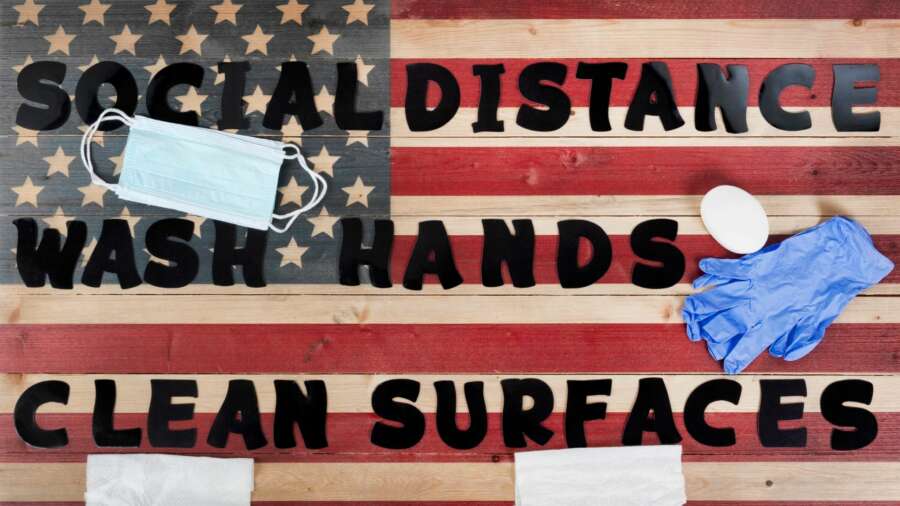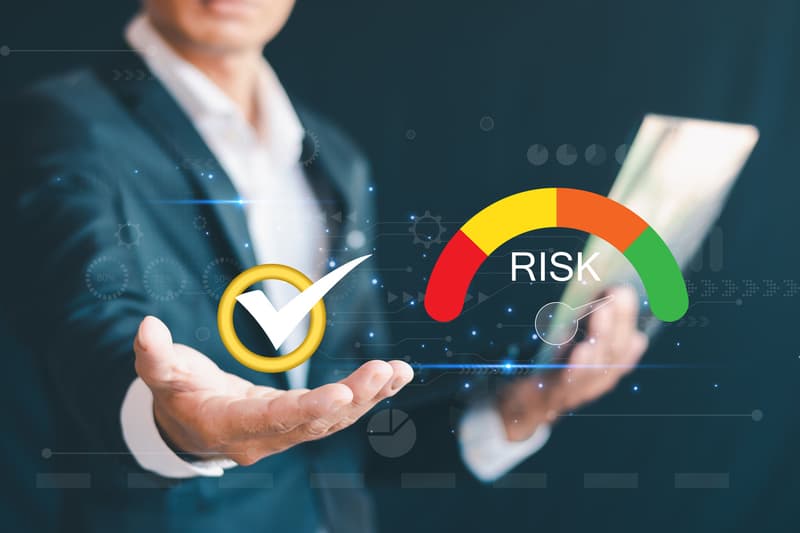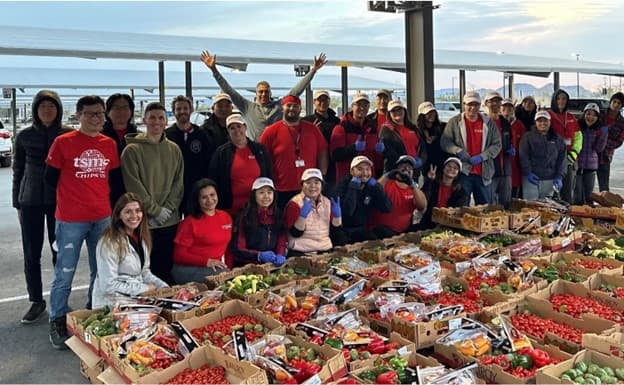
By Nick Miller, Senior Strategy Director Siegel+Gale,
Hand sanitizer from a brewery or a perfumer? Prada or a Lamborghini mask? There are many efforts to fight shortages; many others battle the competition.
Uber Eats has no fees and Deliveroo is promoting contact-free – but Just Eat has a £10 million rescue plan for restaurants. It’s also waiving signup fees and continuing to pay restaurants weekly. It’s not financially driven – but purpose-driven. And it’s what people crave.
Almost every brand now has a ‘purpose’. And the research behind it is overwhelming: purpose leads to business growth and deeper loyalty. As Larry Fink, the CEO of investment firm BlackRock, wrote in his annual letter to CEOs in January 2019: “Purpose is not the sole pursuit of profits but the animating force for achieving them. Profits are in no way inconsistent with purpose — in fact, profits and purpose are inextricably linked.”
Now, more than ever, purpose is playing a vital role in helping us navigate unprecedented strains on the economic and physical health of the world.
But through it all there are bright spots with brands that not only articulate a purpose but are defined by it. It’s the difference between having a social purpose – and being socially useful. When executed well, purpose helps brands connect to people in a relevant and valuable way.
How can brands be socially useful in the Covid-19 world? There are a few simple steps to making it real.

1. Those that listen, deliver.
Sainsbury’s is the UK’s second largest grocer, but driven by a purpose to “know our customers better than anyone else.” To achieve this, it means constantly listening. In the first few weeks of lockdown a big concern for NHS workers and elderly customers was access to their essential shopping. This led to a so called “golden hour,” beginning each day with a dedicated time for these shoppers. Sainsbury’s gives them credit, saying the idea came “following customer feedback.” They even moved to create separate times so a vulnerable population did not mix with those overly exposed to the coronavirus, while keeping access open. By listening closely and knowing them better than anyone else, it allowed Sainsbury’s to act quickly and deliver on their purpose in a useful way.
2. Adding value outweighs profit
Businesses are fighting for their lives. With everyone staying home one of the biggest losers is ride-sharing app Uber. A few years ago they revamped their Purpose‚—“We ignite opportunity by setting the world in motion.” That opportunity today is to Stay Home and Save Lives. Open the Uber app and the first thing you see is a bold blue box proclaiming, “Travel only if necessary.” They’re telling people not to use them. Shocking to some, but not to the brand. Yes, there’s loads of support for healthcare workers, patients and drivers, but the biggest value they add to the cause is setting opportunity in motion by encouraging people to stay still.
3. Usefulness leads to influence
Some brands are so good it’s natural. HPE, the global technology behemoth has a Purpose so real it wrote the Covid-19 plan for them. “As a company whose purpose is to advance the way people live and work, Hewlett Packard Enterprise is responding with initiatives to stabilize communities, support for customers tackling the challenges of this pandemic, and technology to help organizations adapt.”6 They have 33 initiatives and counting. Many are not new. HPE Aruba offers networking and insights. HPE Accelerating Impact activates a community of tech non-profits. Even HPE Greenlake is helping businesses manage cash flow. When your Purpose is so ingrained, crisis response is inherently useful and makes your brand influential.
Who knows what will happen next week or next month. Or tomorrow. But the brands that will endure and thrive are those that live their social purpose because they’ve made it socially useful.


